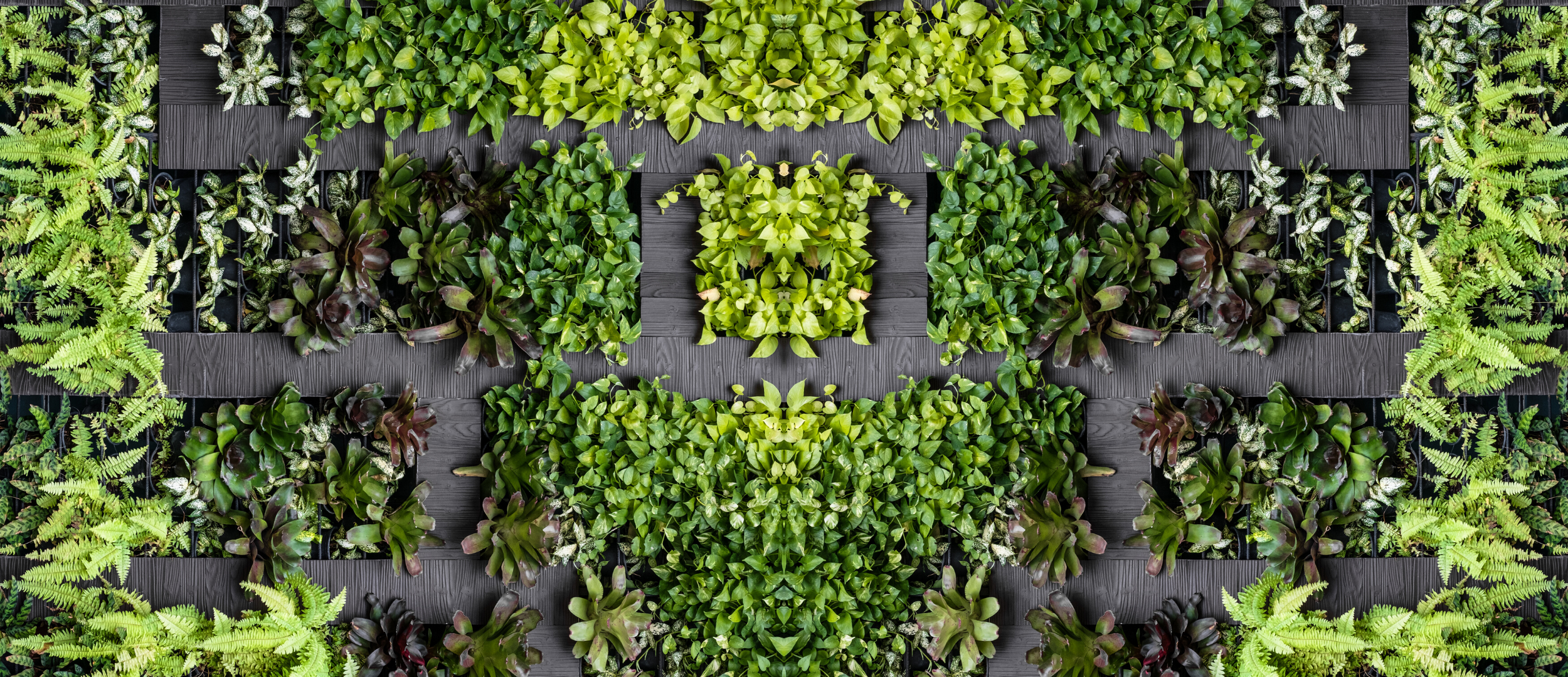
Areas of Impact
Modgarden Foundation Programs
The Modgarden Foundation is proud to support many critical impact areas to deliver access to nutrients and organic food as well as to shape policies that will deliver a more sustainable future.
Soil Health
As urbanization continues to expand across the world, soil and the balancing of green areas has been neglected. We want to understand the use of synthetics in urban soils. The paradigm of growing food has changed as cities have expanded. As most of the population has moved indoors, regenerative urban farming solutions have not kept pace. In fact, they have neglected the soil-food-web which has created imbalances in the environment and marginalized regenerative farms.
Our goal is to remediate or reinvigorate this symbiotic state of nature. Healthier soil, leads to healthier green environments which lead to a healthier environment for the people that interact with them. Our solutions include growing solutions that embody the soil-food-web for environments that include,
homes, condos or office towers,
growing large volumes of food in warehouses using organic soil,
and a remediation of the green urban environments around us.
Experiential Learning for Children
The objective of this program is to get children involved in growing produce and to cultivate in them an understanding of the importance of food sources and the implications of those sources for personal health and the planet.
The program will include a digital platform and a hands-on component featuring the use of tinyFarms to learn to grow a variety of vegetables, while also understanding the importance of where your soil and seeds come from.
The customizable curriculum developed for grades K-6 will help educators create an experiential learning experience which emphasizes the soil food web and demonstrates how living soil is as critical as a limb of a living being when it comes to food. The curriculum will discuss:
Carbon and its role in living things and in soil
Carbon sequestration in soil and its relevance to climate change
Biology, as it relates to the millions of micro-organisms and their functions
Regeneration and sustainability
Finally, this program will partner with like-minded initiatives with high K-6 distribution across the globe.
Regenerative Zero Compost
Through the Zero Compost program, Modgarden Foundation seeks to transform the behaviors of commercial and residential buildings in cities to regenerate compost and redirect it back to farms.
Largely designed to serve growing populations, the Foundation has developed a method of harnessing compost waste (not including Municipal Solid Waste), treating waste in-situ and exporting it as a rejuvenate for farms to close the loop on waste regeneration. The method includes natural biological processes and prevents 40-60% of the waste that enters its stream from going to landfills.
By implementing modgarden-led pilots or via partnerships with existing Waste Management service providers, we can demonstrate and scale-up practices that close the loop between high-rise buildings and farms where compost is used to regenerate soil and achieve net-positive impact.
Regulatory and Policy Influence
Through tinyLab, the Modgarden Foundation will support and influence policies related to regenerative growing practices in order to enable a healthier and more sustainable future.
Policies are currently weighted in favor of industrial systems that make it hard for “better for you” regenerative practices to scale.
tinyLab is Modgarden Foundation's research and development subsidiary, created two years ago. It is a braintrust of like minded individuals and members — researchers, scientists, soil ecologists, political activists, entrepreneurs and investors — who are interested in a common goal: enhancing the way we live. tinyLab will offer a way to develop focus in areas where we want to make a policy difference for a better system.
Food Shelter Program
The Modgarden Foundation’s objective in this area is to provide a self-sustaining solution for shelters to grow food year-round.
Inner city shelters rely on charitable gifts and state intervention for the most at-risk communities living on or below the poverty line. Food is an afterthought and contributes to a continuing downward cycle in this segment’s health, adding further pressure to healthcare and social supports. Our goal, then, is to empower this segment through offering jobs for cultivating food using tinyFarm commercial units at shelters and social service centers and, most significantly, giving at-risk communities access to pure food.
Inner City Program
This program seeks to educate inner city families on the benefits of pure food and support them in growing pure food.
Inner city families have the least access to healthy food and often resort to fast-food options. Such consumption patterns make inner city families vulnerable to health issues and the most costly population segment to the healthcare system.
Modgarden Foundation aims to connect these families to opportunities for better nutrition by providing free or at-cost tinyFarms to utilize in their homes, as well as incentives like free seeds for families who attend curated counseling/training sessions. In addition, families will be able to trade the produce they grow within their community, which will create network effects on a community by community basis.







